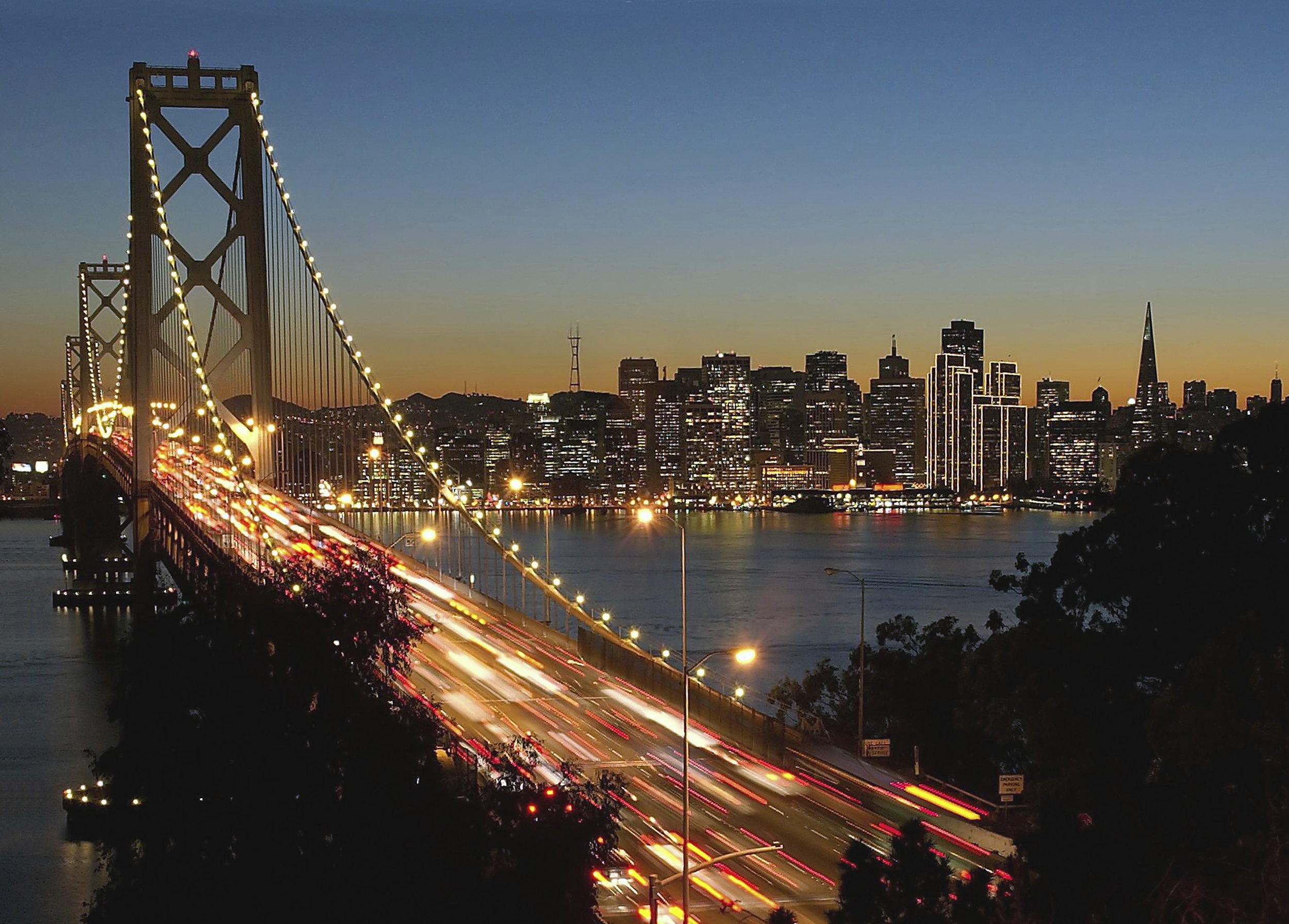San Francisco's Office Market Plummets by 75%: The City Grapples with Deepening Crisis Caused by Liberal Leadership
San Francisco's descent into a deepening crisis continues as the value of office spaces takes a nosedive, plummeting by a staggering 75 percent. A recent auction of the former Union Bank building, located at 350 California Street in the city's financial district, fetched a winning bid of $65 million. This figure, when compared to similar building sales prior to the pandemic, highlights the severe drop in per-square-foot pricing. The implications of this sale are profound, as it sets a new market-rate benchmark for downtown commercial listings, signaling a highly pessimistic outlook among investors regarding San Francisco's future downtown prospects.
Just a few years ago, it was rare to find a major tech company that didn't either have a presence in San Francisco or aspire to establish one. However, the tides have shifted dramatically, with tech and other firms now abandoning the city. The downtown vacancy rate, which stood at a mere 4 percent in 2019, has skyrocketed to nearly 30 percent today.
With a surplus of empty office spaces in the downtown area and exorbitant housing costs, there have been discussions about converting commercial buildings into residential units. Surprisingly, no residential development firm expressed interest in bidding for the aforementioned property. One such group, Emerald Fund, which successfully converted an office tower into apartments a decade ago, considered the possibility but ultimately deemed it too risky. This decision was influenced by San Francisco's exorbitant fees and the requirement to allocate 23 percent of units for low-to-moderate-income tenants in large developments. The need to charge a significant premium on market-rate units made the project financially unviable.
As San Francisco grapples with this downward spiral, the city faces critical challenges in revitalizing its downtown sector and finding a balance between high housing costs and the demands of affordable housing mandates.
San Francisco's economic challenges extend beyond the vacant office spaces, as retailers in the city have been facing significant setbacks. Major stores, including Walgreens, CVS pharmacies, a large Whole Foods grocery store, and renowned high-end retailers like Williams-Sonoma, Abercrombie & Fitch, Nordstrom, Anthropologie, and Crate and Barrel, have been forced to close their doors. The vacancy rate in the well-known Union Square shopping area stands at 25 percent. The primary reasons cited for these closures by nearly all the stores are the issues of theft, as well as concerns about consumer and employee safety.
These ongoing losses in San Francisco's economic foundation reflect a city that has become politically dysfunctional and is perceived as unsafe and unworkable by both individuals and businesses. The struggles faced by the retail sector are symptomatic of a broader problem. The city's governance and decision-making process need to undergo significant changes in order to address the interconnected issues of drug abuse, homelessness, and crime. Unless San Francisco's leaders make different choices and adopt effective strategies to tackle these challenges, the losses in the city's economic landscape are likely to persist.
Despite the dire situation being caused nearly entirely by liberal leadership, liberals at large are staunchly refusing to critique it. This is being done seemingly exclusively due to the leadership being comprised of fellow liberals. This also is occuring despite liberals being insistent that liberal ideology is undoubtedly the best way to feasably run a society, despite the omnipresent black mark of San Fransisco splattering an ugly stain on typical liberal aspirations.


